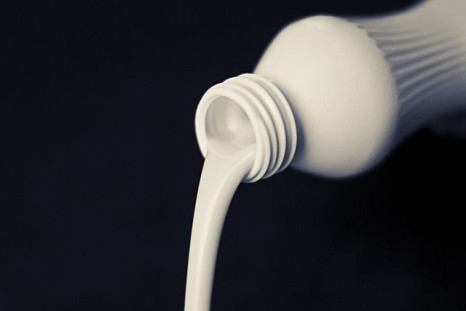Coronary artery disease

Nishi Patel: State-of-the-art Coronary Artery Disease Treatments
While stents and bypass surgery have improved outcomes for many with coronary artery disease, they aren't a universal solution. Some patients have arteries that are too affected, or their overall health may make surgery too risky. 
Revisiting The Health Benefits of Alcohol
While too much alcohol can lead to addiction and other problems, decades of research connect low and moderate drinking to health benefits. 
The News You've Longed to Hear: Eating Chocolate 3x a Week Could Help the Heart
A meta-analysis involving six studies indicated that eating chocolate in moderation could reduce risk of heart disease. 
Walking Speed Linked To Heart Health: Slow Pace Predicts Heart Disease Death
Walking speed can predict the likelihood of dying from heart disease. 
Fruits And Vegetables Are Just As Important For Your Legs As They Are For Your Heart
New study says fruit and vegetable consumption helps improve your leg's arteries, too. 
Drinking Red Wine With Type 2 Diabetes: Resveratrol Benefits Heart Health By Reducing Arterial Stiffness
Resveratrol, an antioxidant found in red wine, can reduce arterial stiffness in type 2 diabetes patients. 
Here’s What Happens Inside Your Body During A Heart Attack
A heart attack is more of a heart exile — your pumping organ is cut off from oxygen. 
5 Simple Ways To Improve Circulation And Get Your Blood Flowing
If you have poor circulation, there are natural things you can do on a daily basis to improve your blood flow. 
Calcium From Diet Vs. Supplements: Mineral Is Good For The Heart, But Not Necessarily From Pills
The calcium you get from milk may be much healthier for your heart than what you get from supplements, new research finds. 
Testosterone Shots and Gel May Reduce Heart Attack Risk In Men With Coronary Artery Disease
Testosterone therapy, given by shot or gel, helped men with coronary artery disease reduce the risk of stroke, heart attack, and even death: study.



























